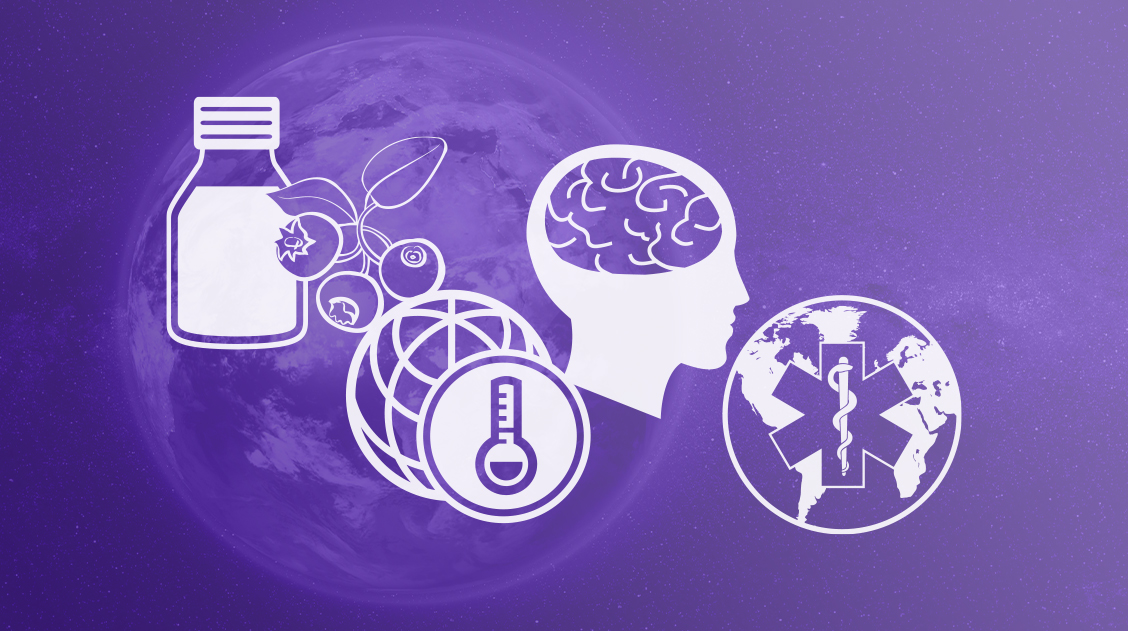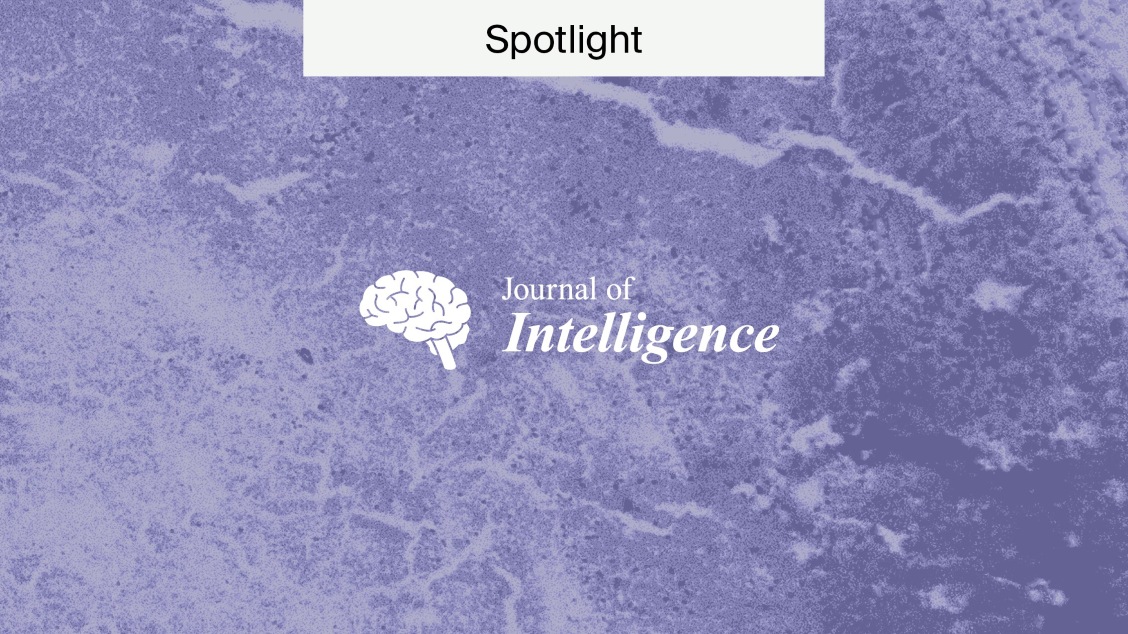
Insights from MDPI Top 5 Picks—March
As a new feature on the MDPI Blog, as below, we will be rounding up our top 5 picks of the most accessed MDPI articles each month with the help of Google Analytics to keep you up to date on current hot topics, as shown by the trends in our most popular papers, as well as connecting with some of the authors for their opinions on why their papers are important and why you should be reading them right now.
1. A Long-Term Spatiotemporal Analysis of Vegetation Greenness over the Himalayan Region Using Google Earth Engine in Climate
“The Himalayan Mountain system is one of the most ecologically fragile environments of the natural habitats of the Indian sub-continent. It constitutes one of the most sensitive ecosystems that plays a vital role in providing necessary ecosystem services, such as the supply of water, biodiversity, and natural resources. However, several anthropogenic activities and global warming have affected these ecosystem services significantly. Unlike other sub-tropical mountain systems across the world, changes in the vegetation cover, type, phenology, density, and other species, as well as the decreasing forest cover and biodiversity, widely alter the environmental conditions in the Himalayan ranges.
Limited effort has been made to understand the relationship between hydroclimatic factors and vegetation indices in this region. In our study, we focused on the Himalayan ecosystem to understand the response of vegetation to different hydroclimatic factors. Vegetation monitoring is an arduous task in the Himalayan regions due to the rugged and complex topography and extremely harsh climatic conditions. Therefore, the remote sensing approach acts as a boon in studying and monitoring vegetation and evaluating its hydrological response in ungauged catchments. The outcomes of this study can help in ecological environment protection and water resource management in the UKR Basin and other high mountain regions in the Himalayas.”
– Statement from Dr. Nikul Kumari, Dr. Ankur Srivastava, and Dr. Umesh Chandra Dumka
2. On Variation in Mindfulness Training: A Multimodal Study of Brief Open Monitoring Meditation on Error Monitoring in Brain Sciences
“In sum, our study is a response to the growing calls to carefully parse apart mindfulness, with a specific eye toward explicit denotation and operationalization of the technicalities involved in the broad umbrella term “mindfulness training” (e.g., scope and object of awareness, training duration, sample experience). Critically, the aforementioned considerations extend beyond the study of error monitoring. As we have posited above, technical differences during mindfulness training may involve and affect a range of neurobiological systems. This suggestion dovetails with an evolving and increasingly nuanced literature, in which the neurobiological correlates and putative mechanisms of mindfulness training appear contingent on a host of conceptual, methodological, technical and sample dependent factors—a perspective aptly illustrated by the panoply of divergent findings reviewed here and in the literature more broadly.”
– Extract taken from the study
3. Emotional Encoding Context Leads to Memory Bias in Individuals with High Anxiety in Brain Sciences
“We investigated whether anxious individuals, who adopt an inherently negative mindset, demonstrate a particularly salient memory bias for words tainted by negative contexts.”
“In the framework of our research question, emotional events from the past can taint our perception of the present, making current circumstances more memorable.”
“The findings suggest that individuals with high relative to low anxiety adopt a particularly salient negative retrieval mode, and this creates a downstream bias in [the] encoding and subsequent retrieval of otherwise neutral information.”
– Extracts taken from the study
4. Exploring the Impact of Flavonoids on Symptoms of Depression: A Systematic Review and Meta-Analysis in Antioxidants
“Nutritional psychiatry is an emerging discipline showing that diet substantially affects mental health. Poor nutrition appears to be linked with the onset of depression, which is intimately linked with oxidative stress and inflammation. Because optimizing nutrition is a safe, viable, and cost-effective approach, numerous studies have investigated whether, and to what extent, dietary interventions are useful to prevent or attenuate depressive disorders. Flavonoids, a class of plant-derived dietary polyphenols, have attracted much attention for their antioxidative and anti-inflammatory properties. These compounds appear to possess antidepressant-like effects and neuroprotective actions. Our recently published meta-analysis of 36 intervention trials found that people in the flavonoid group compared to those in the control group had a much greater reduction in their depressive symptoms. This study uncovered gaps in the literature on the potential role of dietary flavonoids in modulating the pathophysiology of depression, and these findings may have important implications for depression prevention and treatment.”
– Statement from Dr. Sawan Ali, Dr. Graziamaria Corbi, Dr. Michael Maes, Dr. Giovanni Scapagnini, and Dr. Sergio Davinelli
5. Trait Emotional Intelligence and Happiness of Young Adults: The Mediating Role of Perfectionism in IJERPH
“Perfectionism or a tendency to aim for an unrealistic standard can impair happiness. However, the potential mechanisms of perfectionism to explain the association between trait emotional intelligence (EI) and happiness are still understudied. This study explores the mediating role of perfectionism in the relationship between trait emotional intelligence (EI) and happiness among young adults.”
“High trait EI was linked to low perfectionism and high happiness levels. Furthermore, perfectionism mediated the relationship between trait EI and happiness. Although high trait EI lowered maladaptive perfectionism, the negative impact of maladaptive perfectionism remained and subsequently led to decreasing happiness levels of young adults. This study offers an enhanced understanding of the role of perfectionism in explaining the happiness state of young adults.”
– Extracts taken from the study
In this month’s roundup, our papers come from a selection of different journals; however, the overarching theme here, with the exception of our top paper this month, appears to be mental health conditions, including anxiety and depression, and emotional wellbeing. This topic has of course seen a particular rise in interest over the past couple of years due to the unprecedented effects of the COVID-19 pandemic on the mental health of the population. The publication and dissemination of research on these issues are vital to identifying the various causes of, and treatment for, different mental health problems worldwide.










